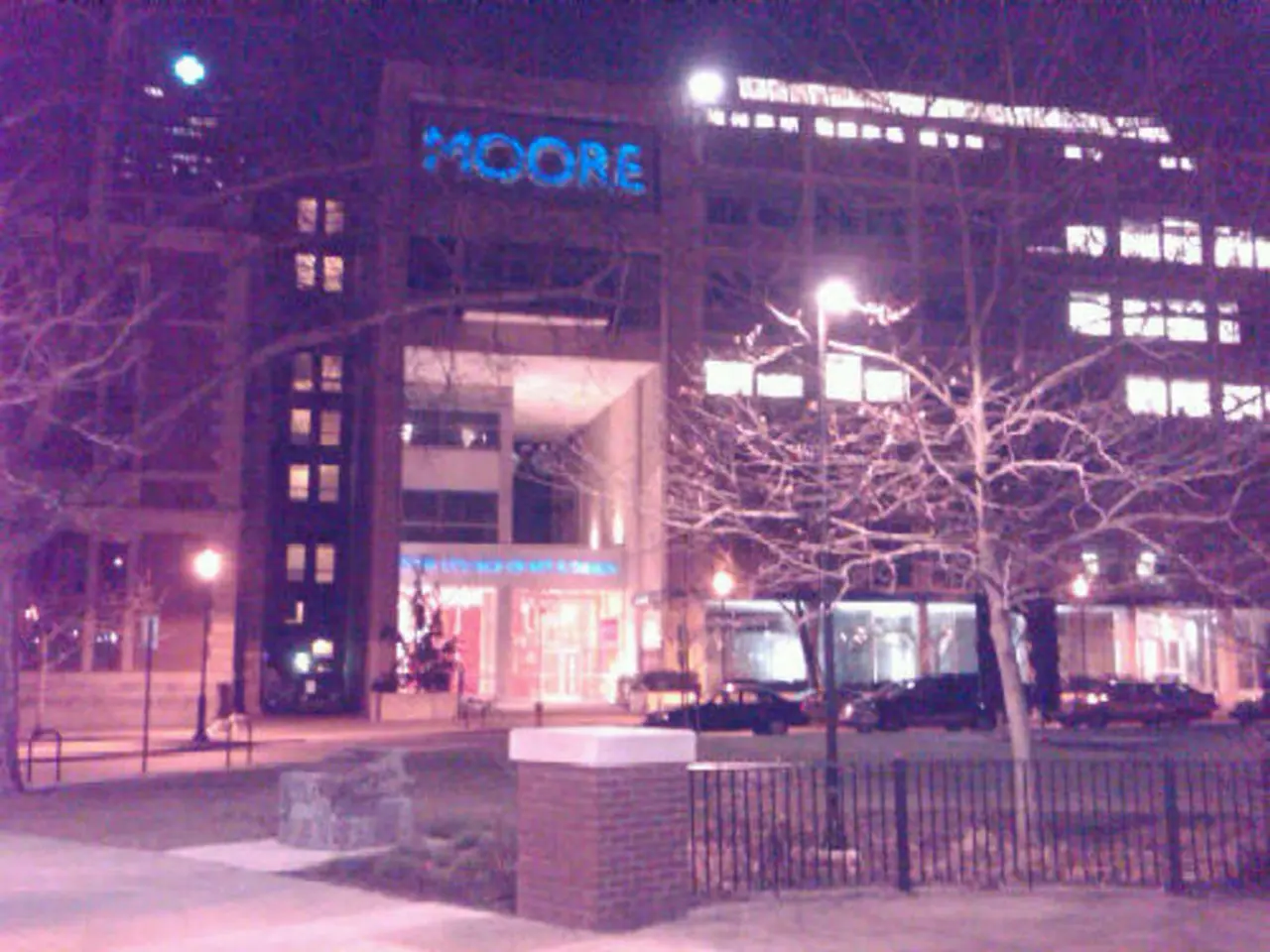Keep Wittstock primarily as a medical center if feasible
In the face of the planned closure of the hospital in Wittstock/Dosse, efforts are underway to secure medical care for the community and preserve the site. At the heart of these efforts are political and local initiatives involving Brandenburg's health minister, Britta Müller, and the mayor of Wittstock/Dosse, Philipp Wacker.
The purpose of the upcoming round table meeting in early September is to discuss the future of medical care following the hospital closure. The planned closure is due to requirements of the hospital reform, which came into effect on January 1. By the end of 2026, the states are expected to assign performance groups to their clinics, with funding being gradually shifted.
The planned care transfer for cardiac care and gastroenterology will see these services moved to the clinic in Pritzwalk (Prignitz). However, the mayor of Wittstock/Dosse, Philipp Wacker, emphasized the need for a permanent emergency room and cardiac care in Wittstock.
The operating company, KMG Kliniken Nordbrandenburg, has shown openness to possible further use of the Wittstock site. The SPD/BSW coalition, who are currently in power, want to retain all hospital sites, but not necessarily as clinics. Instead, they advocate for a closer integration of hospitals and doctor's practices.
Britta Müller, the health minister, plans to speak with the leadership of KMG Kliniken Nordbrandenburg next week. The coalition's vision is to ensure that rural areas like Wittstock/Dosse are not left behind in the hospital reform. Mayor Wacker echoed this sentiment, expressing hope that the federal government would give more consideration to such areas.
As the situation evolves, it is common for regional health authorities and local government officials to collaborate to explore alternative care models, potentially including enhanced outpatient care, partnerships with nearby hospitals, or new healthcare facilities.
The mayor of Wittstock/Dosse serves as a local leader advocating for the community’s healthcare needs, engaging with state authorities, stakeholders, and potentially mobilizing local resources or public awareness. The health minister, on the other hand, typically oversees healthcare planning and policy implementation at the state level, facilitating resources and regulatory support for affected regions.
For more specifics on their roles and strategies post-hospital closure, consulting local government press releases or Brandenburg health ministry announcements would provide valuable insights. It is important to stay informed about these developments to ensure the ongoing provision of essential services for the residents of Wittstock/Dosse.
[1]: Link to local government press releases [2]: Link to Brandenburg health ministry announcements [3]: Link to unrelated hospital imagery and locations outside of Wittstock/Dosse [4]: Link to TikTok search results
The round table meeting in early September aims to discuss potential solutions for the community's healthcare needs following the hospital closure, focusing on medical care and health-and-wellness in Wittstock/Dosse. The health minister, Britta Müller, is working closely with KMG Kliniken Nordbrandenburg and local officials, such as the mayor, Philipp Wacker, to ensure science-backed medical care for medical-conditions in rural areas like Wittstock/Dosse, as part of the hospital reform.




